Iran’s role in future of world’s escalating chip war
When in August 2013, a news agency reported that Iranian researchers had produced gallium with 99 percent purity for the first time, the report received little or no attention.
An escalating trade war between China and the US over the exports of gallium and germanium, however, has generated unprecedented interest in the two strategic elements key to the manufacturing of semiconductors.
Gallium is used in radar and radio communication devices, satellites and LEDs. Germanium is used in high-speed computer chips, plastics and military applications such as night-vision devices, as well as satellite imagery sensors.
Gallium is found in trace amounts in zinc ores and in bauxite, and gallium metal is produced when processing bauxite to make aluminium. Germanium ores are rare and germanium is mostly produced as a by-product from zinc mining and coal fly ash.
Iran is among the countries with zinc, bauxite, aluminum and coal production and processing plants in abundance in all parts of the country.
A research paper accepted in the National Conference of Mineral Sciences in 2013 confirmed the existence of gallium in the alumina mines of Jajarm in Khorasan, coal mines of Eastern Alborz in Shahrud and lead mines of Angoran in Zanjan.
The investment of industrial companies, entrepreneurs and exporters on extracting germanium and gallium from mineral scraps and tailings can enhance the profitability of the mines and minimize their environmental impact.
In 2013, researchers at the Academic Center for Education, Culture and Research (ACECR) extracted gallium from the circulating solution of the Jajarm alumina facility.
The production was first done in a laboratory and then in a pilot bench-scale processing plant set up with a capacity to produce more than 10 grams of gallium per day.
The production of the metal is done in semi-industrial mineral processing plants all over the world and does not require a large industrial production unit.
Gallium production is often connected with the processing of bauxite to aluminium. According to ACECR, gallium accumulates in the circulating solution of alumina production and negatively affects the production process.
The pilot processing, besides putting Iran in the club of the producers of this valuable and strategic metal, has helped increase the quality of alumina produced at Jajarm facility.
China's abrupt announcement on Monday of controls from Aug. 1 on exports of some gallium and germanium products has sent companies scrambling to secure supplies and bumped up prices.
According to a circular issued by China’s ministry of commerce, export controls will be imposed in order to safeguard Chinese national security and interests.
On Thursday, the Pentagon said it holds a strategic US stockpile for germanium but currently has no inventory reserves for gallium.
Reports said while major defense contractors like Lockheed Martin Corp may not buy gallium and germanium directly, they likely purchase semiconductors from suppliers who source Chinese gallium and germanium.
Europe and the United States have been scrambling in recent years to restart domestic production of rare earths, lithium and other raw materials used in electric vehicles (EVs) and to wean themselves from dependence on China.
The European Raw Materials Fund is due to start with around 2 billion euros ($2.1 billion), but eventually the region will need more than 100 billion euros in investment to produce enough critical minerals, according to Bernd Schaefer, chief executive of EU-funded EIT Raw Materials.
In April, the bloc passed the European Chips Act to manufacture its own cutting-edge computer chips, saying it did not want to be relegated to a position on research or in building relatively older chips.
EU industry chief Thierry Breton said then the union was sending a strong signal to all that Europe was open for business.
The study center of Iran Entrepreneurs Forum has called for serious plans to use foreign financial resources to launch rare mineral extraction projects and their production in the country.
It has said that cooperation with industrialized countries such as Germany on manufacturing chips can help Iran enter the club of the countries in production and export of high-tech parts.
Iran’s Ministry of Industry, Mining and Trade has already set up a specialized department for the production and processing of rare elements such as gallium.
In early 2020, the then head of Iran’s largest holding in metals sector known as IMIDRO said the country had launched a pilot project for extraction of rare earths after obtaining the technology for deep-level mining.
Rare earth elements are a group of mostly strategic metals which appear in low concentrations in the ground.
The metals are used in a broad range of consumer products such as catalysts in cars and oil refineries, televisions, superconductors and fiber optics.
Some rare earth minerals are essential in military equipment such as jet engines, missile guidance systems, missile defense systems, satellites, as well as in lasers.
Companies such as Raytheon, Lockheed Martin and BAE Systems all make sophisticated missiles that use rare earths metals in their guidance systems, and sensors.
Joining the league of the rare earth miners, besides helping Iran meet its demand for such elements and boosting its foreign exchange earnings, will give it a role in the global chip market and enhance the country’s economic soft power.
VIDEO | American awakening
Factbox: Is Meta facilitating Israel’s AI-aided bombing of Palestinians in Gaza
VIDEO | Panic grips Israel as regime fears arrest warrants from ICC
Iran: Police violence against student protests exposes US hypocrisy
Netanyahu stonewalling truce deal: Top Hamas official
Israel ‘too cowardly’ to respond to Iran’s retaliatory strikes: Yemen’s Ansarullah
Daesh attack kills 13 Syrian army troops, allied forces: Report
VIDEO | Press TV’s news headlines


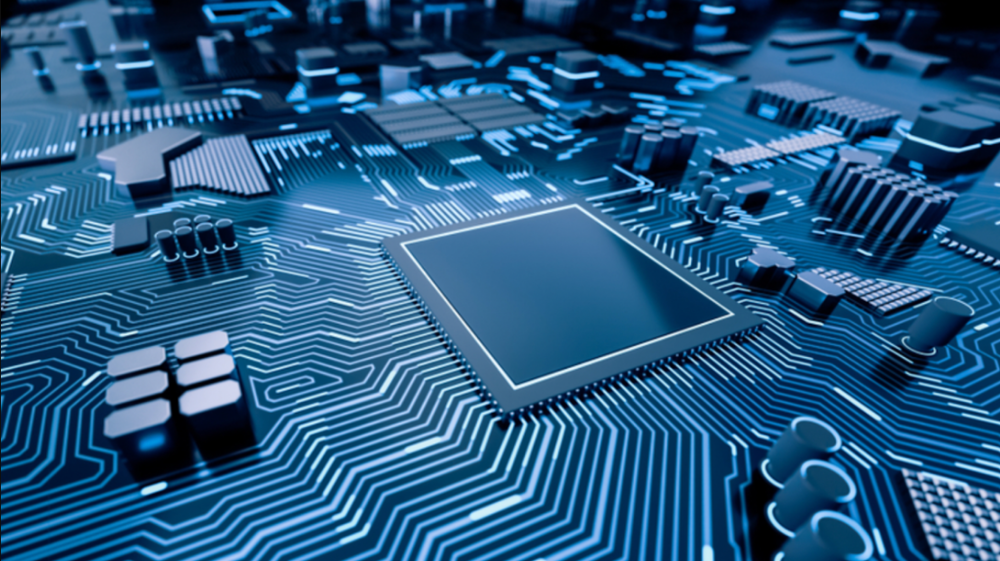
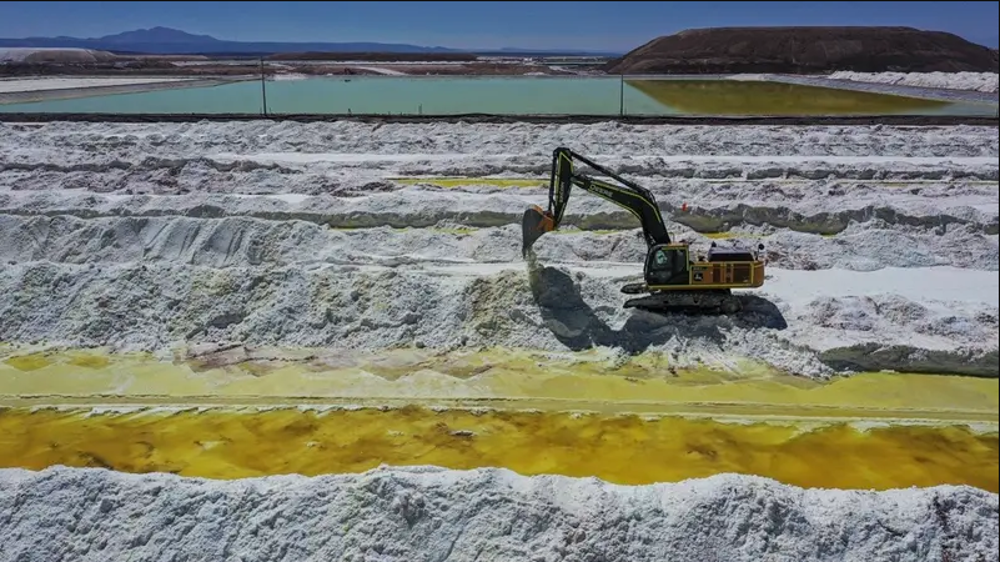
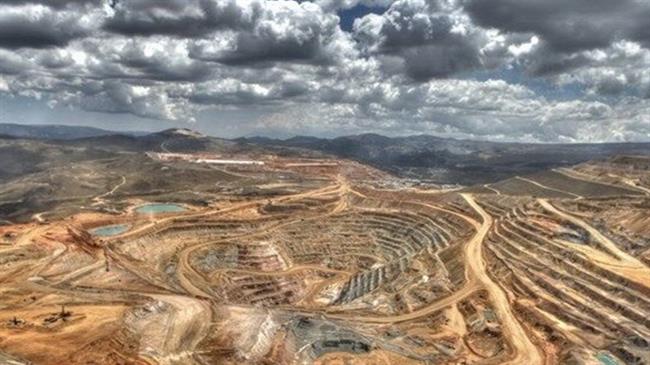
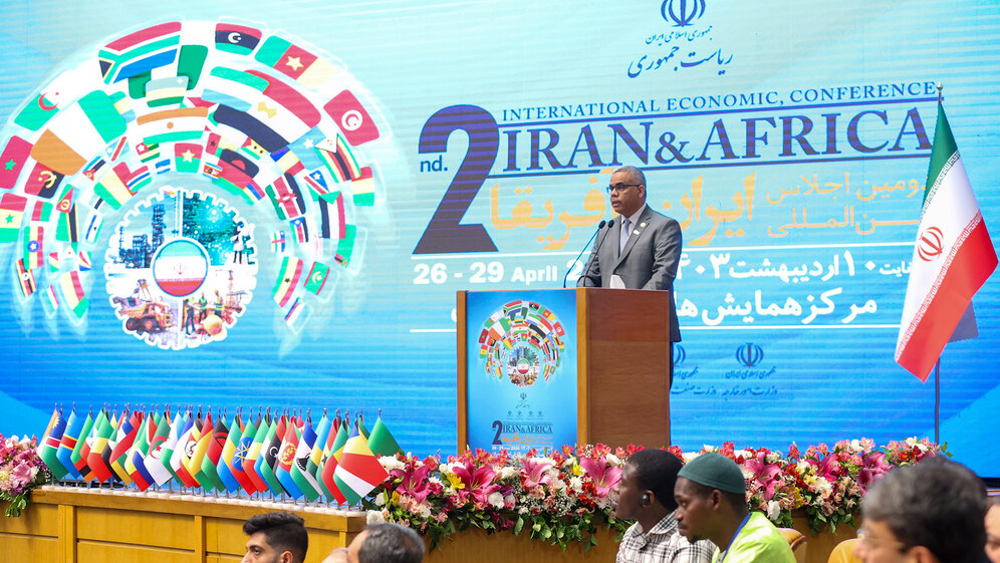
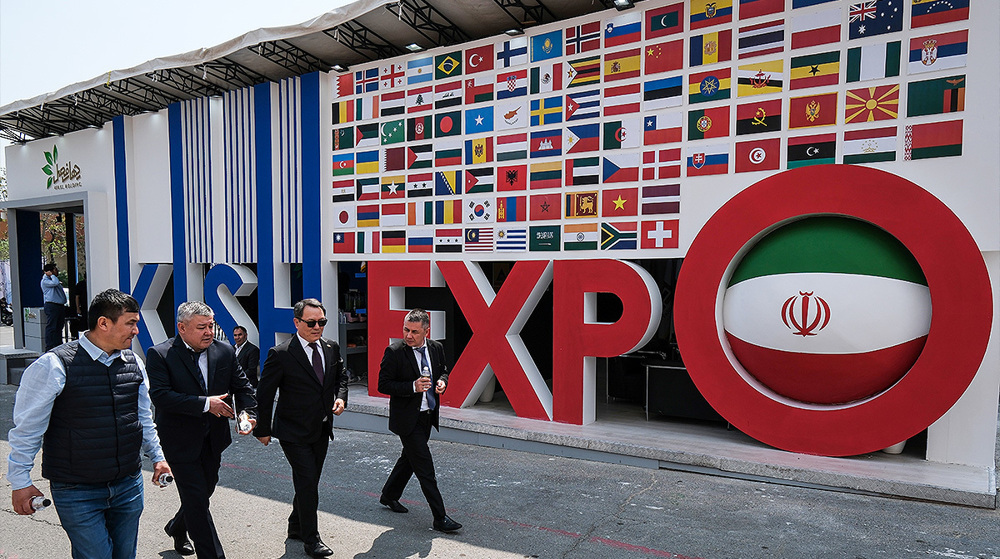
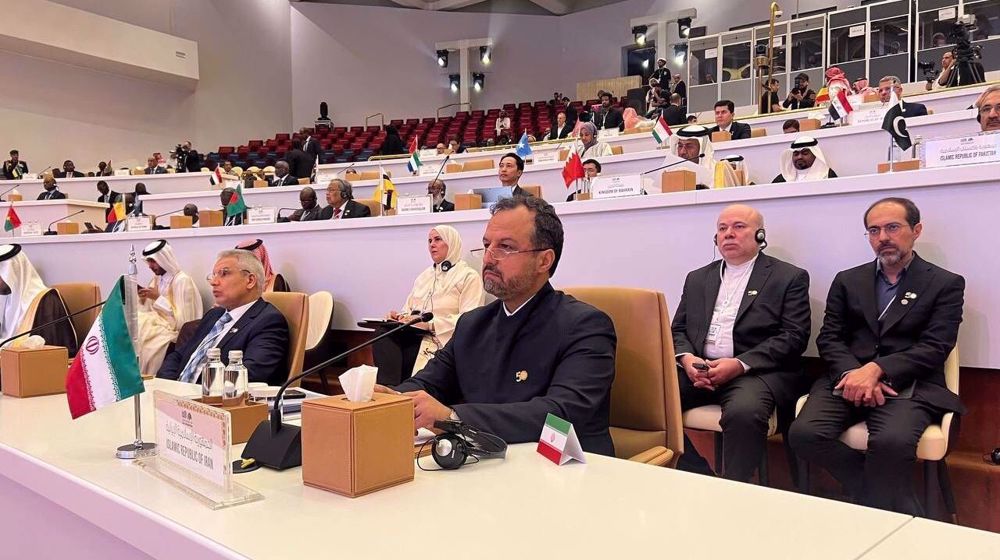




 This makes it easy to access the Press TV website
This makes it easy to access the Press TV website